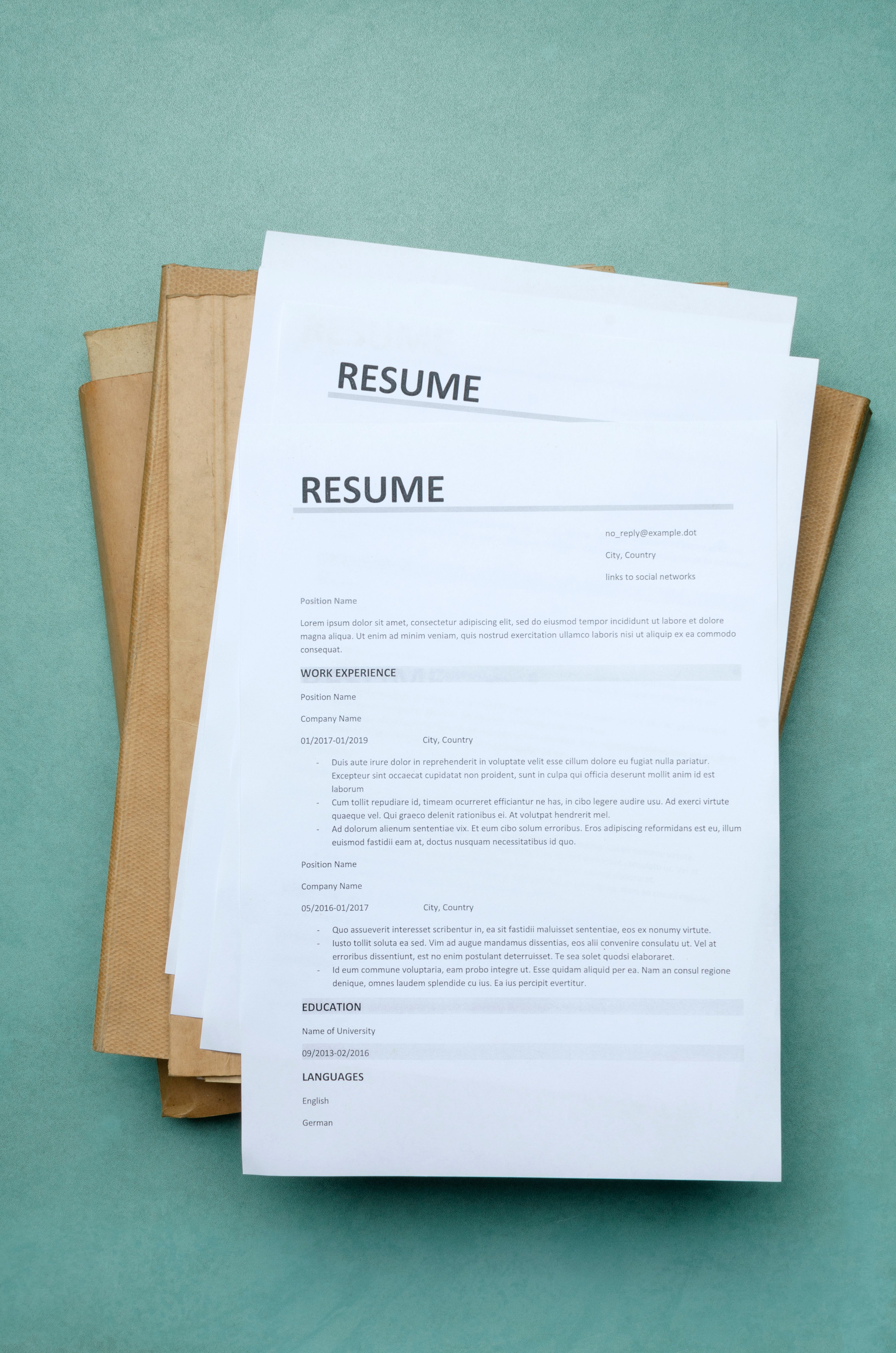Artificial Intelligence &
The Legal Arena

It’s 20 years from now, you’re working at a law firm alongside some of the greatest legal minds, and yet your closest colleague is Artificial Intelligence (AI). You no longer work with a group of associates and paralegals – this machine researches, trawls through documents and accurately applies case law. Although AI may save you hours of preliminary work, it could radically shift the status quo of the legal field.
Machine learning, unlike software utilised currently, operates based on inductive reasoning. It can adapt to each user’s writing style and provide recommendations. In fact, AI can even familiarse itself with the structure of a particular document and replicate it in the future according to each client’s terms.
Once AI has learnt how to curate these documents accurately, it can carry out a variety of tasks, usually done by junior lawyers or paralegals, in half the time and with more precision. According to the American Bar Council, this scenario gives way to a multitude of problems.
Firstly, since every document and bundle is completed in record time, a law firm would bill fewer hours for each client, resulting in a decline of revenue. Secondly, fewer associates, pupils and paralegals are hired, thus requiring the minimised workforce to carry more weight and bill more hours. Thirdly, since AI completes research, drafting and filings, this results in junior lawyers missing out on the fundamentals of legal practice, thus creating holes in their learning processes.
Although AI is significantly transforming the jobs of legal practitioners, it is not replacing them.
While machine learning adopts input and churns out an outcome, we don’t know how it arrived at that particular solution. This is where lawyers come in to figure out this missing piece to ensure a full proof case, along with potential arguments in the event the outcome is disputed.
AI also cannot replace a lawyer’s personal touch. This technology provides automated solutions, but it is an attorney who can ensure that the case’s trajectory is in favour of the client’s intended outcome. Therefore, lawyers are needed to go over the solutions reached by AI and make necessary amendments to navigate the preferred arguments.
Since we’ve established that lawyers are not rendered obsolete by AI, it is still necessary for up and coming practitioners and law firms to remain relevant in the face of these technological advancements.
Here are a few ways law students and legal practitioners can ensure their competitiveness within the legal arena.
1. Learn to be ‘tech savvy’
Attorneys need not become experts but a certain level of technological proficiency should be maintained.
Gone are the days where legal jobs only required legal knowledge. Now, lawyers need to familiarise themselves with technological advancements such as AI in order to embrace their supervisory roles and to keep up with the status quo.
By understanding how AI works, a lawyer is then able to predict areas where this technology may fall short or make errors. AI can also be confusing to operate, hence lawyers should learn its ‘ins and out’ to ensure they are able to key in the accurate inputs and figure out how the machinery came to certain conclusions.
In mastering AI and its functions, a practitioner is immediately deemed more employable as he or she exhibits flexibility and dynamism in adapting to this new legal tech culture.
2. Strategy over tactility
Law students and legal attorneys are clearly proficient in dealing with the tactical aspects of a case – researching case law, applying it on the facts and making recommendations. This whole process can be done by the AI machinery.
Hence, what is needed from lawyers is their strategic guidance. Whilst AI can produce accurate and immediate results, it cannot evaluate a case’s circumstances in its entirety. For example, if a dispute involved contract, negligence and trust, only an attorney can review the whole issue and come up with a desired trajectory. AI will then supplement this trajectory with its automated findings.
Thus, law students and practitioners should familiarise themselves with all aspects of the law and hone their strategic and critical thinking in order to connect the client’s goals with the machine’s tasks. These aspects will determine their value and employability.
3. Mind the business gap
Currently, students and lawyers who are brimming with legal knowledge fall short in their business acumen.
In dealing with companies, traders and corporations, AI will fail to recognise the business element – a company’s culture, vision, its intricacies and the industry as a whole. This is where lawyers come in to fill this gap. The legal aspects discovered by AI can be connected to each company’s unique circumstances and goals through a business-minded lawyer.
As such, law students and practitioners should polish their business acumen to remain competitive and relevant.
4. Diversifying internship experiences
Students usually fill their CVs with legal experience at a variety of law firms. This is no longer the best way to stand out amongst your peers.
With the current trajectory towards legal tech, it may be beneficial to apply for internships at tech-based firms to learn how these systems and machineries operate. These companies usually have a legal department. By applying for positions at such places, you will gain an incomparable insight in to technological advancements.
Such experiences would make law students more employable as they already have prior experiences in dealing with these technologies that will soon be at the centre of legal jobs too.
5. Pursue tech courses
Whilst on break or during the weekends, students and practitioners should join courses and seminars on legal tech.
By learning how these advancements work and in what ways they will change the legal sphere, you will be able to easily adapt to AI machineries at work. Employers will not have to worry about training or getting you acquainted with these advancements thus increasing chances of retention.
In fact, by learning these aspects early on, you could even conduct these courses yourself at work. This will be an additional edge you can add to your skill set.
Some may think that the use of AI is unlikely to affect Malaysian lawyers any time soon, but it is already beginning to materialise. Anton, CEO at SmartLaw (a Singapore-based startup that utilises AI to assist lawyers in their work), was meant to expand their services to Malaysia last year, if it weren’t for the pandemic.
In contrast to countries like Singapore and Hong Kong, Malaysia does not yet have the appetite for legal tech, however it is growing. And when it begins to shift, we should all be ready to deal with what comes.
This is so, that 20 years from now, although your closest colleague may be AI, at least you will not be replaced by its advancements.






